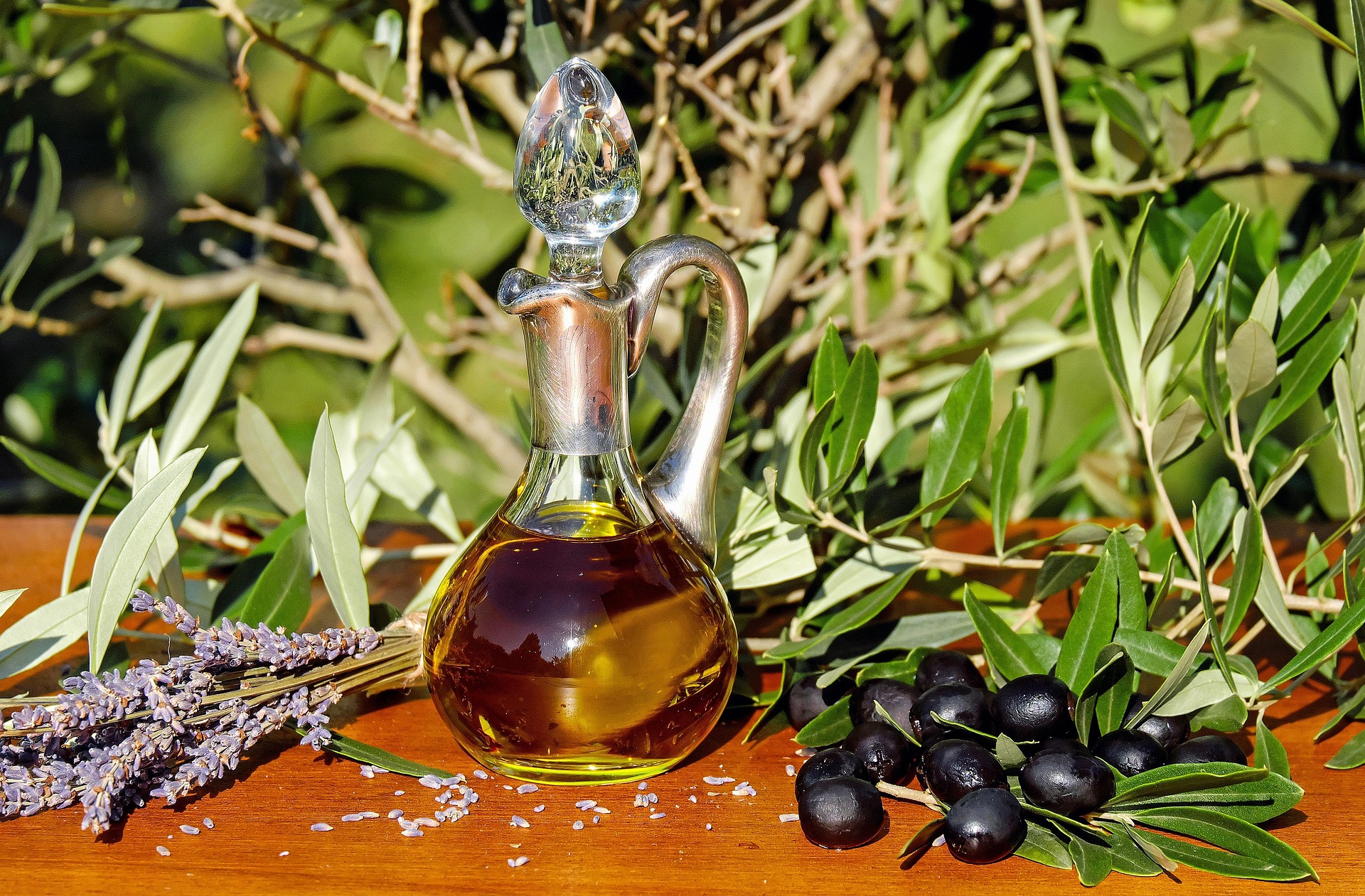- SHOPPING
Best Squat Proof Leggings


Olive oil is a staple in kitchens around the world, renowned for its rich flavor and numerous health benefits. Whether you’re a novice cook or a seasoned culinary enthusiast, choosing the best olive oil can elevate your dishes to new heights. This guide will help you navigate the diverse world of olive oils, offering tips on selection, tasting, and cooking techniques that cater to your specific needs.
When selecting olive oil, it’s essential to consider how you plan to use it. Different types of olive oils can enhance flavors in various ways, making it crucial to match the oil to your culinary goals.
The terms “extra virgin” and “virgin” refer to the quality and processing of the olive oil. Extra virgin olive oil is the highest quality, made from the first cold pressing of olives without the use of chemicals. It boasts a robust flavor and low acidity, ideal for drizzling over salads or dipping bread. In comparison, virgin olive oil is slightly more acidic and less intense, making it suitable for cooking where a milder taste is desired. Understanding the comparison of extra virgin and virgin olive oils is crucial for making the right choice.
Medium blend olive oils combine different olive varieties to create a balanced flavor profile, perfect for those who enjoy a harmonious taste. On the other hand, monovarietal oils are made from a single type of olive, offering a distinct and unique flavor. Examples of medium blend and monovarietal olive oils can guide you in selecting the right oil for your palate.
Tasting olive oil is an art that involves using both your taste buds and sense of smell to identify the oil’s characteristics. Here are some tips for tasting olive oil effectively:
Incorporating olive oil into your daily cooking can enhance flavors and provide health benefits. Here are some ways to use olive oil effectively in your meals:
Olive oil is a key ingredient in many salad dressings, adding richness and depth. Here are a few simple recipes for salad dressings using olive oil:
Olive oil can transform simple side dishes into gourmet delights. Drizzle it over roasted vegetables, use it to sauté greens, or mix it with mashed potatoes for a creamy texture. Its versatility makes it an invaluable ingredient in enhancing side dishes.
Olive oil is celebrated not just for its taste but also for its health benefits backed by research. Rich in monounsaturated fats and antioxidants, it supports heart health, reduces inflammation, and may lower the risk of chronic diseases. Incorporating olive oil into your diet can be a delicious way to improve your overall well-being.
While olive oil is primarily used in cooking, its applications extend beyond the kitchen. Here are some advanced uses for this versatile oil:
Proper storage of olive oil is essential to maintain its quality and flavor. Keep it in a cool, dark place, away from heat and light, which can cause the oil to degrade. Use a dark glass bottle or a stainless steel container to protect it from light exposure. By following these tips, you can ensure your olive oil remains fresh and flavorful for longer.
When purchasing olive oil, look for labels indicating “extra virgin” for the highest quality. Check for a harvest date to ensure freshness, and opt for oils that come in dark glass bottles to protect from light. Reading reviews and choosing brands with a good reputation can also help you find quality olive oil.
There are several misconceptions about olive oil that can lead to confusion. Some believe that cooking with olive oil destroys its health benefits, but research shows it retains its nutritional properties even when heated. Another myth is that all olive oils are the same, when in fact, the quality and flavor can vary significantly. Understanding these myths helps in making informed decisions about olive oil use.
With numerous brands available, choosing the right olive oil can be daunting. Some top brands to consider include California Olive Ranch, known for its sustainably sourced oils, and Colavita, offering a range of high-quality options. Exploring different brands allows you to find the perfect olive oil that suits your taste and needs.
Olive oil plays a significant role in global cuisines, from Italian pasta dishes to Greek salads and Spanish tapas. Its ability to enhance flavors makes it a favorite ingredient across cultures. Exploring its use in various cuisines can inspire new culinary creations in your kitchen.